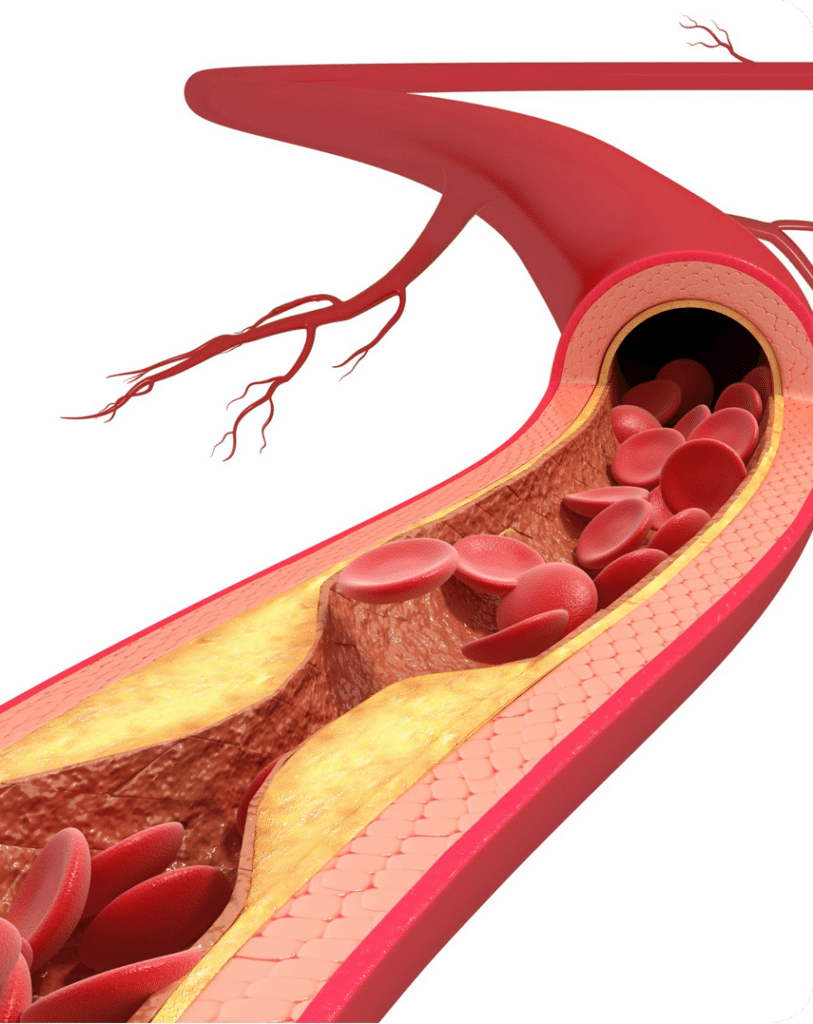Heart Disease – Symptoms & Risk Factors
How Common is Heart Disease in Singapore?
According to the Singapore Heart Foundation, 17 people die every day from heart problems, with Ischaemic Heart Disease (IHD) as the leading cause of death. Statistics also reveal that 1 out of 3 reported deaths is due to stroke. It also shows that men are more susceptible to cardiovascular diseases than women.
In the 2020 Go Red For Women Survey, only 8% of Singaporeans talk about heart disease with their doctors. Ischaemic heart disease, atherosclerosis,hypertension, and stroke are the most common heart conditions reported in the Republic of Singapore.

What are the Common Symptoms of Heart Disease?
The signs and symptoms of heart disease depend on the nature and extent of the problem. Shortness of breath, dizziness, fatigue, irregular heartbeat and chest pain are the typical clinical presentations of a person with a heart problem. Many people have underlying heart disease and don’t know it ie they have no symptoms at all.What are the Risk Factors?
The risk factors of heart disease can be modifiable and non-modifiable. A non-modifiable risk factor is any uncontrollable circumstance that increases a person’s susceptibility to heart disease. Genetics, age, and gender are examples of this. If your father dies from a stroke, it increases your own risk. Older people and men are also more likely to suffer from heart disease compared to younger people and women. Women tend to get heart disease a little later than men. A modifiable risk factor is any condition or variable that contributes to the onset of the disease that you can control or change. Smoking, fatty diet, and obesity are controllable risk factors. People who are hypertensive and diabetic are also more susceptible to acquiring heart problems.What Does a Cardiologist Do?
A cardiologist in Singapore is a highly skilled clinician that assesses, diagnoses, prevents, and treats any disease or malfunctioning of the heart. Cardiologists are heart experts. They also play a role in counseling and behavior change in promoting heart health. In addition, they are experts in managing risk factors for heart disease such as high blood pressure and high cholesterol.

What Will Happen When You Come to See Dr MacDonald?
On the day of consultation, Dr MacDonald will ask about your health status and family history. Your vital signs, height, and weight may also be measured, and a physical examination will be performed focusing on the heart, blood vessels and lungs. After that, you may be asked to undergo some tests or investigations.
Following the tests, you will see Dr Michael MacDonald again to go over the results of the tests, the potential diagnosis and discuss your tailored
treatment plan.
What are the Common Tests that We Do?
The diagnostic tests depend on the heart condition or symptoms you may have.
- ECG. Also known as an electrocardiogram, ECG is the most common diagnostic tool to monitor the heart’s electrical activity and to determine any irregularities in heart function.
- Stress test. These are diagnostic tests that measure the ability of the heart to handle pressure, stress, or exertion.
- Blood tests. Blood workups may be performed to check the presence of protein, glucose, or regulate cholesterol levels.
- Scans. Echocardiography, MRI and CT scan capture images of the heart from multiple angles and dimensions. They provide detailed information and a clearer picture of the heart and its surrounding organs.
Contact Us
contact information
We aim to make our services as easily accessible as possible. Most appointments can be accommodated in 1-2 days, and if an emergency then we aim to see you on the same day. Give us a call and we can work around your schedule.







